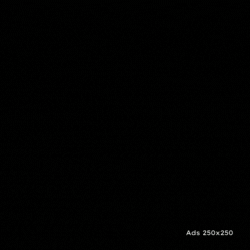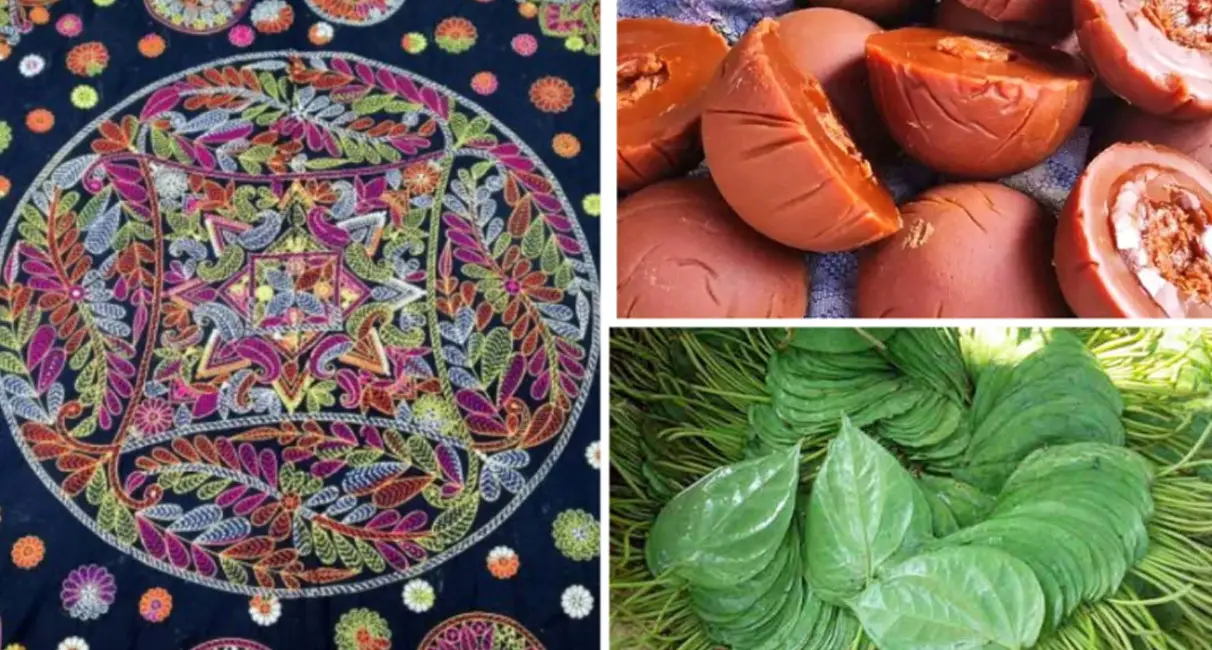The Ministry of Industries has approved three more products of the country as Geographical Indication (GI) products.
This information was informed in the press release of the Ministry of Industry on Thursday (February 15).
They are – Jessore’s date molasses, Rajshahi sweet bean and Jamalpur’s nakshikantha. All three products have been released in Germany with GI approval.
In this, the number of approved GI products in Bangladesh has reached 31, said the Ministry of Industry.
In 2003, the Department of Patents, Designs and Trademarks (DPDT) under the Ministry of Industry, responsible for this work in Bangladesh, started its journey. It is now known as the Department of Patents, Designs and Trademarks (DPDT). The initiative of the Ministry of Industries led to the passing of the Geographical Indication Products (Registration and Protection) Act, 2013.
Two years later, the Geographical Indications Rules, 2015 were enacted. In 2016, Jamdani saree was recognized as the first GI product in Bangladesh.The recently approved three products – Tangail saree, Amritsagar banana of Narsingdi and Rasgolla of Gopalganj – copy and journal of approval were handed over to Prime Minister Sheikh Hasina on February 11 by Industries Minister Nurul Majid Mahmud Humayun and Senior Secretary of Industries Ministry Zakia Sultana.
On the first day of Language Month (February 1), the Indian Ministry of Culture’s Facebook page posted a post on the ownership of the Tangail Saree. It is claimed that Tangail saree originated in West Bengal, India. The post further states, ‘The Tangail saree, originating from West Bengal, is a traditional handwoven masterpiece. Famous for its fine texture, varied colors and delicate jamdani motifs—it symbolizes the region’s rich cultural heritage.’
According to the Indian Geographical Indications Registry Office, the Tangail saree has been registered as a Geographical Indication product following an application by the West Bengal State Handloom Weavers Cooperative Society Limited.
After that, fierce debate and criticism started online and offline. Later, however, the post was removed from Facebook by the Indian authorities. It has been demanded that a complaint should be made by Bangladesh in this regard to the World Intellectual Property Organization



